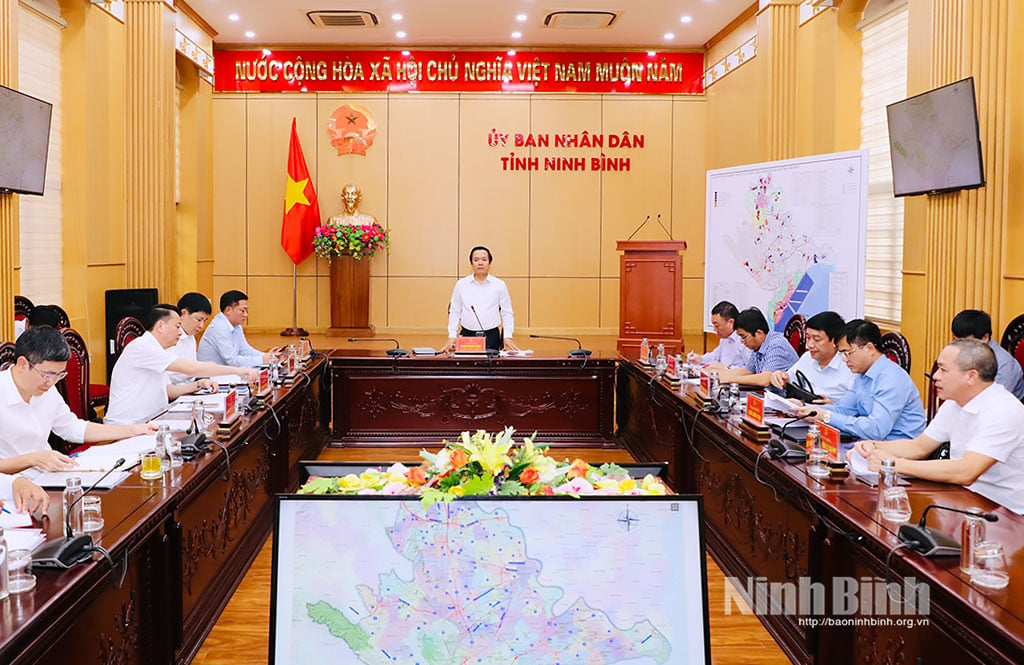
Comrade Pham Quang Ngoc, Deputy Secretary of the Provincial Party Committee, Chairman of the Provincial People's Committee chaired the conference. Also attending were comrades: Nguyen Cao Son, Member of the Provincial Party Committee, Vice Chairman of the Provincial People's Committee; Dinh Van Tien, Member of the Provincial Party Standing Committee, Director of the Department of Agriculture and Environment; Mai Van Quyet, Member of the Provincial Party Standing Committee, Director of the Department of Finance; leaders of departments, branches and sectors: Construction, Industry and Trade, Management Board of Economic Zones and Industrial Parks, Home Affairs, Office of the Provincial People's Committee.
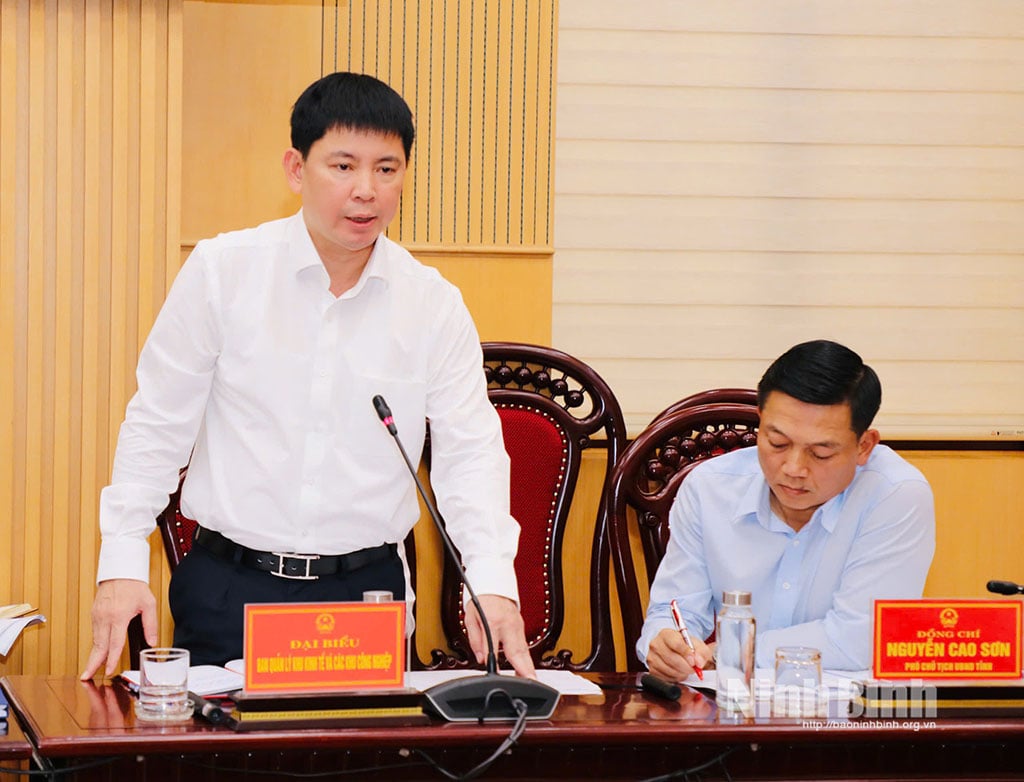
According to the report of the Management Board of Economic Zones and Industrial Parks (IPs): Ninh Binh province currently has 01 Ninh Co Economic Zone planned with a scale of 13,950 hectares, which has formed projects with driving force such as the steel project complex of Xuan Thien Group and Rang Dong Textile Industrial Park.
Regarding industrial parks, according to the plan, the Prime Minister approved 53 industrial parks with a total area of 12,144 hectares. Of which, 42 industrial parks with a total area of 9,045 hectares have been allocated land use targets until 2030. To date, 32 industrial parks have been established with an area of 7,400 hectares. The occupancy rate is about 50%. In the industrial parks, there are 1,065 secondary projects of over 1,000 enterprises, including more than 500 FDI projects, 539 DDI projects; total registered capital is 10 billion USD and nearly 130,000 billion VND. In the first 9 months of 2025, industrial park enterprises will generate revenue of over 360,000 billion VND, export value of over 12 billion USD, and contribute to the budget over 15,600 billion VND. The number of workers in industrial parks is nearly 193,000 people, with an average income of 7.5 million VND/person/month.
In the coming time, Ninh Binh province will focus on developing economic zones (EZs) and industrial parks in line with the direction of the Provincial People's Committee, ensuring planning, promoting production, and creating momentum for socio-economic growth. The province prioritizes completing the general planning and functional zoning planning to attract investment according to the orientation; at the same time, reviewing the development plan of EZs and industrial parks, and advising on suitable plans after the province's merger. Investment promotion work will be innovated, selecting large-scale, high-tech, environmentally friendly projects that contribute greatly to the budget.
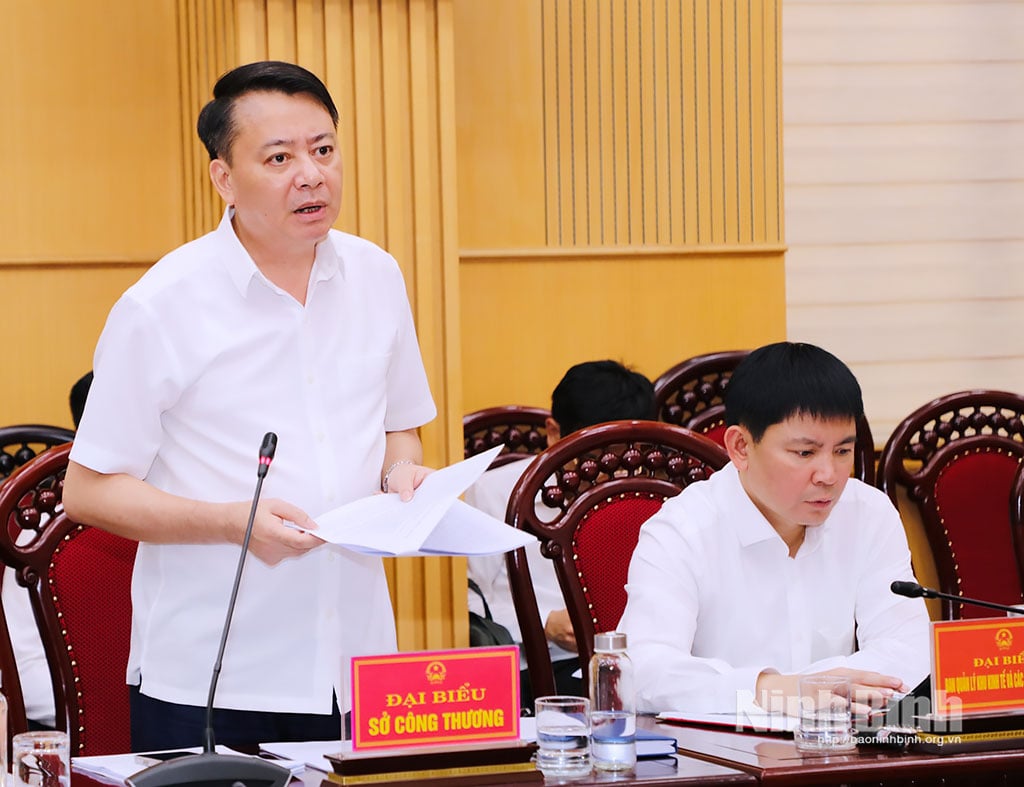
The leaders of the Department of Industry and Trade also reported on the investment situation in infrastructure construction in industrial clusters (ICs). Accordingly, the whole province planned 117 ICs, of which 80 ICs have been established/expanded with a total area of nearly 3,370 hectares. Currently, 43 ICs have come into operation with a total area of nearly 1,260 hectares; 69 ICs have been approved for investment in construction and infrastructure business with a total registered capital of over 31,000 billion VND; 71 ICs have been approved for detailed planning. Currently, the Department of Industry and Trade is reviewing and adjusting the IC planning, adding new development locations and eliminating ICs that are no longer suitable. At the same time, based on local proposals, the Department synthesizes and recommends adding ICs associated with relocation, developing craft villages and locations with potential to attract investment, contributing to promoting socio-economic growth in newly established communes.
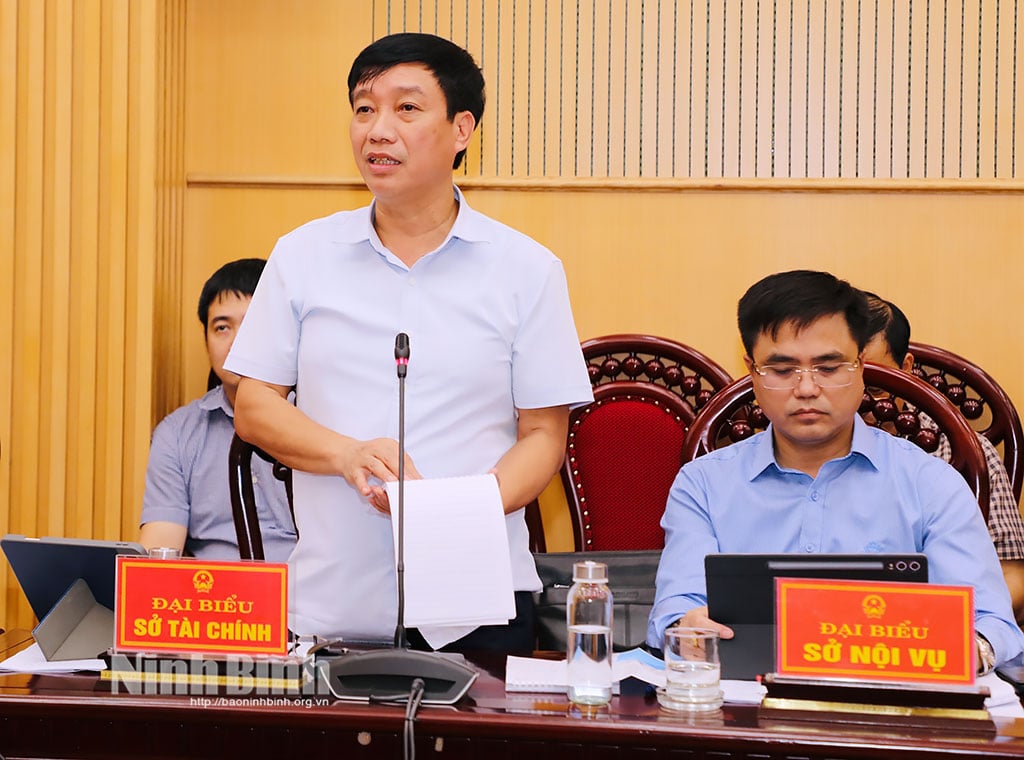
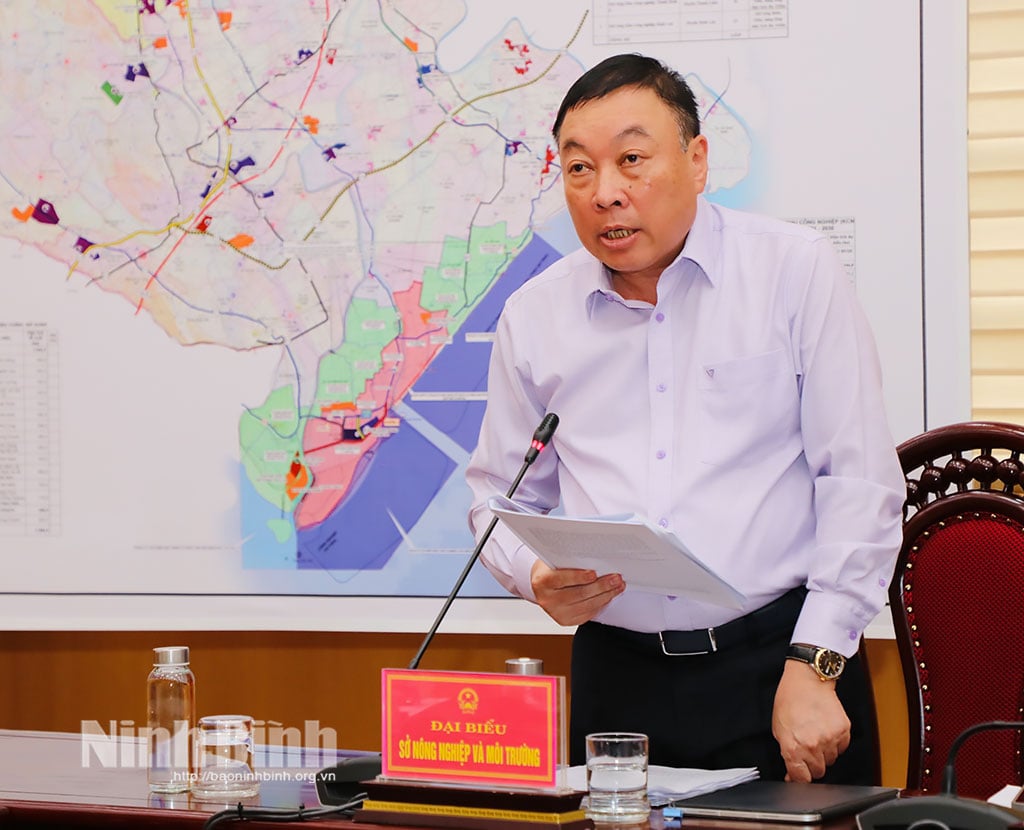
Delegates delivered speeches with key contents: land use planning, difficulties in administrative procedures to attract investment; policies on site clearance; ensuring safe electricity supply with sufficient capacity according to the registered needs of industrial parks; developing plans for vocational training and professional training for workers; arranging social housing and worker housing in industrial parks...
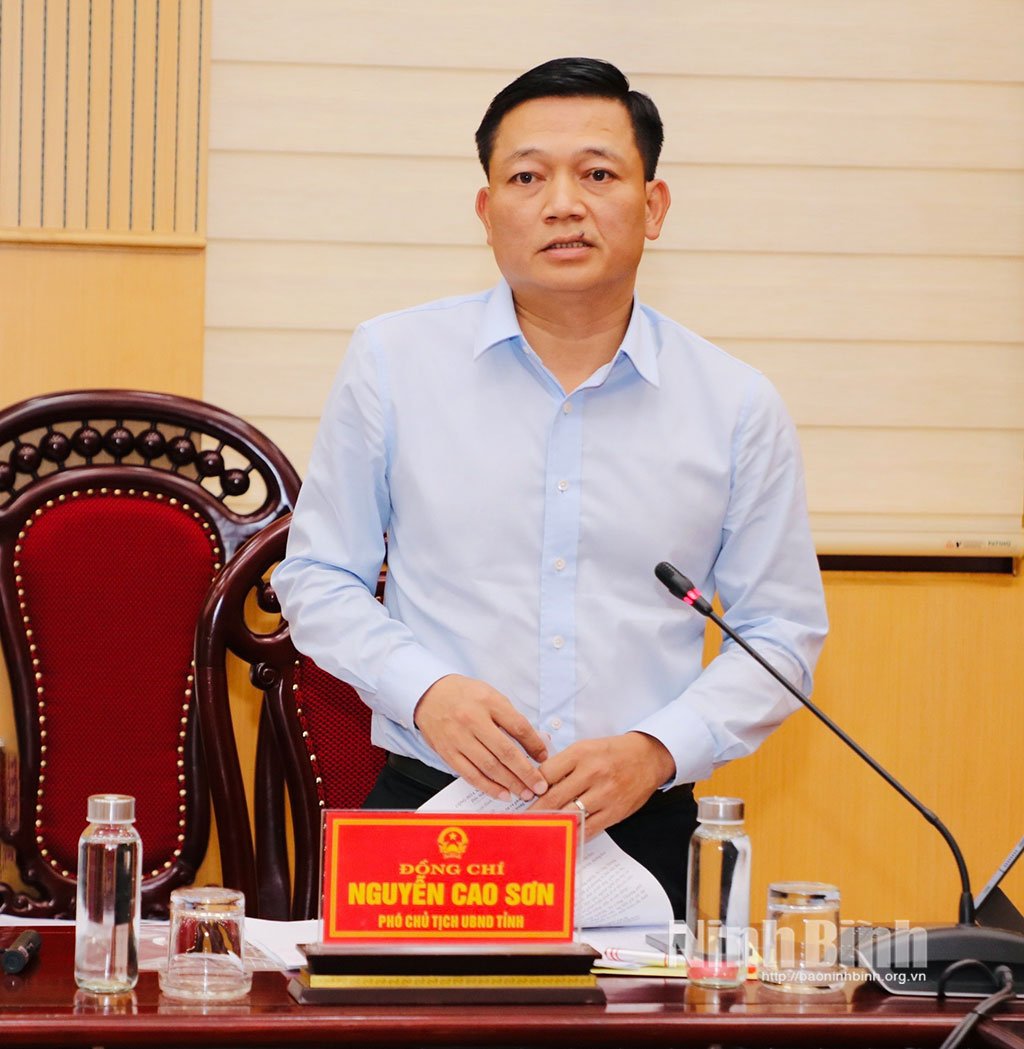
Comrade Nguyen Cao Son, Vice Chairman of the Provincial People's Committee, emphasized: This is an important working session, serving as a basis for developing a master plan for the province's industrial zones and clusters, thereby integrating it into the Provincial Planning. The province identifies industry as a growth driver, so it is necessary to soon develop a master plan for industrial development, ensuring reasonable land allocation for this sector, clearly defining land funds for each industry, in order to create conditions for synchronous development.
He suggested that, in order to increase attractiveness to investors, the province should focus on promoting infrastructure connections between industrial zones and clusters; build a mechanism for close coordination with departments and branches to have policies to support site clearance in accordance with current regulations; complete infrastructure for industrial zones invested by the State; and continue to review and urge the implementation of land use planning for industrial development, ensuring consistency and efficiency in the implementation process.
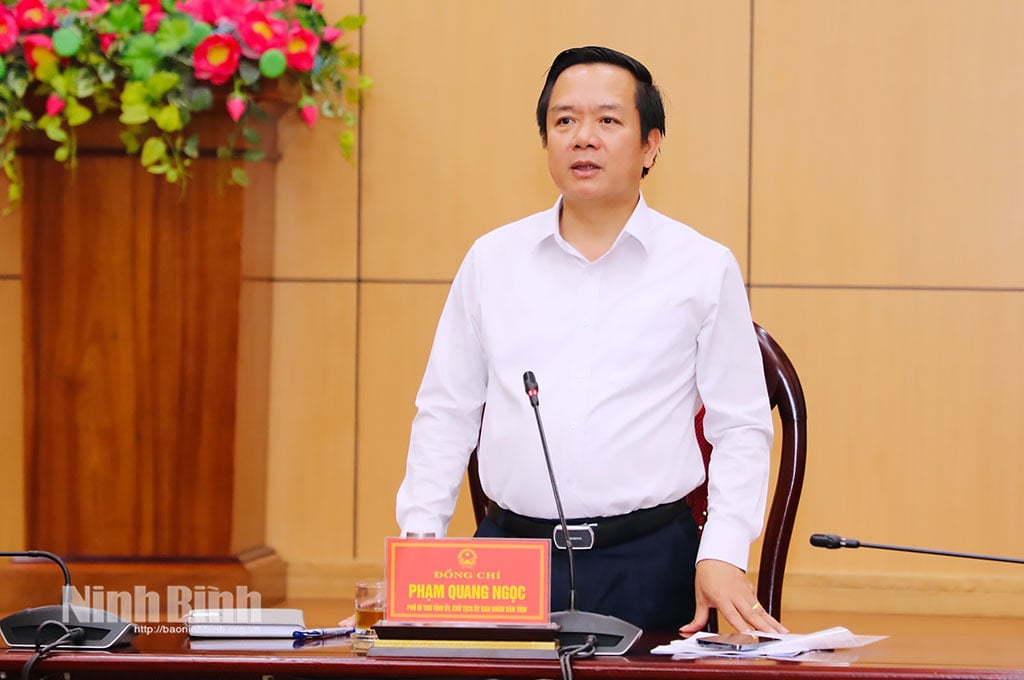
Concluding the conference, Comrade Pham Quang Ngoc, Deputy Secretary of the Provincial Party Committee, Chairman of the Provincial People's Committee emphasized: After the merger, Ninh Binh has more favorable conditions in terms of geographical location and development space, creating an important premise to promote industrial development, promote economic restructuring and urban - service development. He requested all levels and sectors to have a comprehensive mindset, viewpoint and vision on industrial development in the province; clearly identify the nature and role of each industrial park to have appropriate investment orientation and investment attraction plans.
Regarding industrial parks, he directed the Department of Industry and Trade to coordinate with sectors and localities to review all small-scale industrial parks to assess the level of infrastructure completion; assess the infrastructure completion for industrial parks with 1-2 projects; for industrial parks with completed infrastructure, no further investment will be made for expansion; industrial parks with too small a scale that do not meet development requirements will be removed from the planning. Particularly for craft village industrial parks, it is necessary to pay attention to gradually investing in technical infrastructure, ensuring production conditions and environmental protection requirements.
Regarding industrial parks, the Chairman of the Provincial People's Committee requested the Provincial Economic Zone and Industrial Park Management Board to review and evaluate the infrastructure of industrial parks invested by the State; at the same time, reorganize and restructure the infrastructure management units for industrial parks, thereby having a complete investment plan, innovation in exploitation and operation associated with allocating public budget resources to complete infrastructure and innovate operating models, creating motivation to attract secondary investors.
He assigned the Department of Finance to preside over and coordinate with relevant departments and branches to review the progress of investment projects, clarify the purpose of the extension and adjustment of progress; and resolutely revoke projects that are slow to implement and do not meet the conditions according to regulations.
To enhance the effectiveness and efficiency of state management of economic zones, industrial parks and industrial clusters, the Chairman of the Provincial People's Committee assigned the Management Board of Economic Zones and Industrial Zones to develop a project for the overall development of the province's economic zones and industrial clusters, clearly defining the development orientation and assigning specific responsibilities to each sector and unit. The consistent viewpoint of the province is to build industrial zones associated with services and urban areas, so that industry can truly become the driving force for socio-economic development. Resolutely prioritize attracting high-tech and clean-tech projects, minimizing labor- and land-intensive projects.
The Chairman of the Provincial People's Committee emphasized that, in the face of the development reality of the new era, it is required to continue to strongly innovate the investment environment, create substantial changes, and actively contribute to the overall development of the province, striving to turn Ninh Binh into a centrally-run city by 2030.
Source: https://baoninhbinh.org.vn/tinh-hinh-thu-hut-dau-tu-va-phuong-huong-phat-trien-cac-khu-cum-cong-nghiep-tre-251006194044948.html


![[Photo] Impressions of the Can Gio Whale Festival](https://vphoto.vietnam.vn/thumb/1200x675/vietnam/resource/IMAGE/2025/10/09/1759984089762_image12334-5642-jpg.webp)


![[Photo] Prime Minister Pham Minh Chinh chairs the Conference to deploy the National Target Program on Drug Prevention and Control until 2030](https://vphoto.vietnam.vn/thumb/1200x675/vietnam/resource/IMAGE/2025/10/09/1759990393779_dsc-0495-jpg.webp)


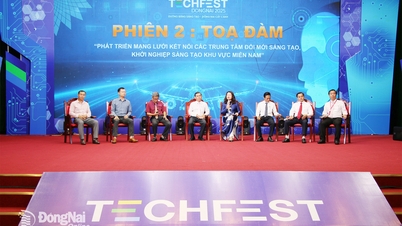



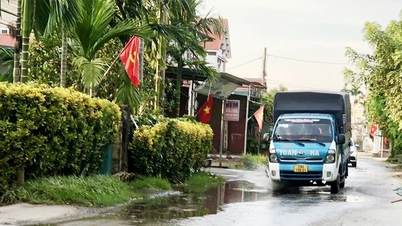



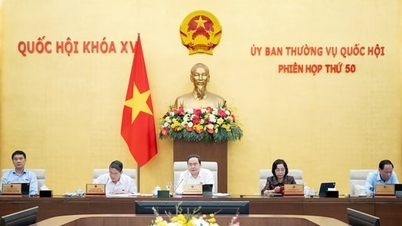

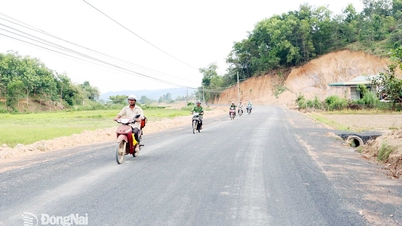




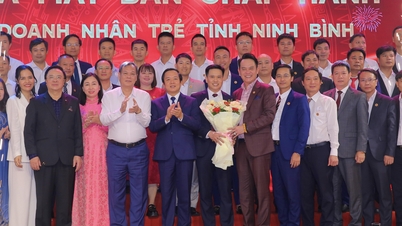
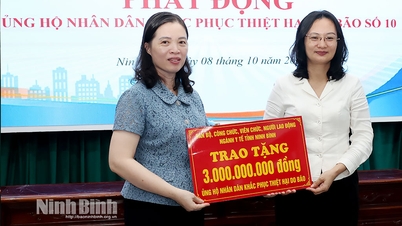

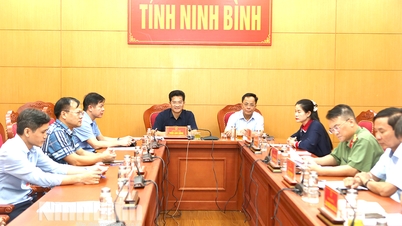
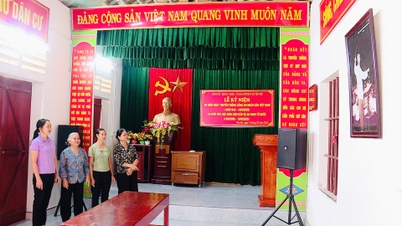
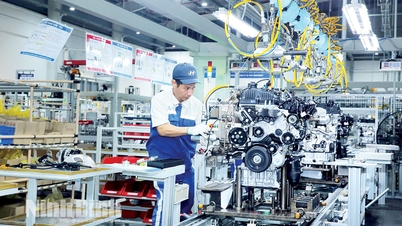


























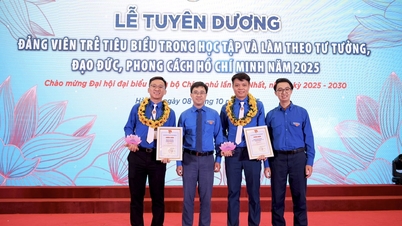
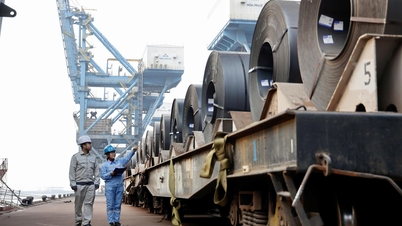







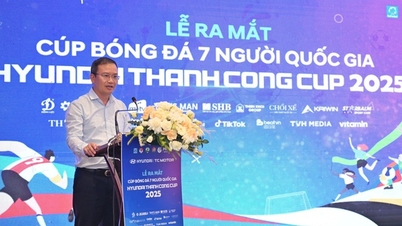










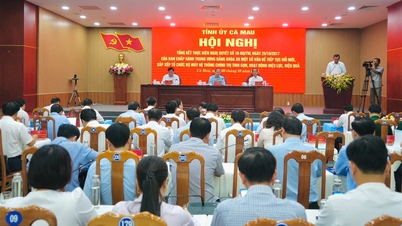

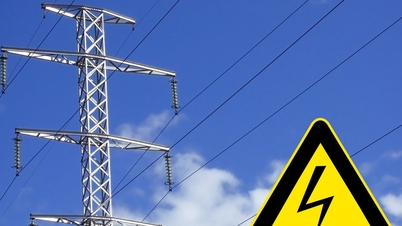



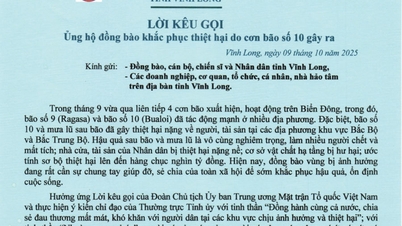








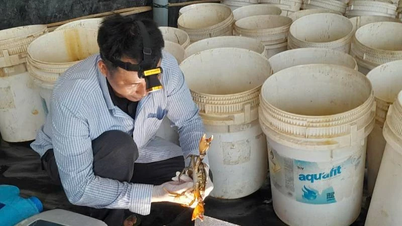





Comment (0)